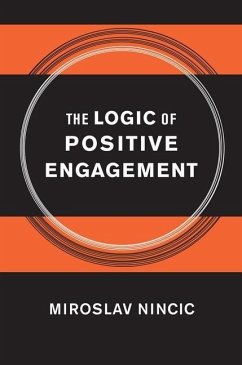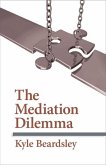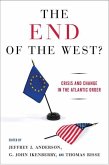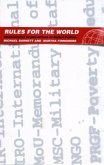Nincic observes that threats and punishments may be gratifying in a symbolic sense, but that they haven't affected the longevity or the most objectionable policies of the regimes against which they are directed. Might positive inducements produce better results? Nincic examines two major models of positive inducements: the exchange model, in which incentives are offered in trade for altered behavior, and the catalytic model, in which incentives accumulate to provoke a thorough revision of the target's policies and priorities. He examines the record with regard to long-term U.S. relations with Cuba, Libya, and Syria, and then discusses the possibility that positive inducements might bring policy success to current relations with Iran and North Korea.
NincicMiroslav:
Miroslav Nincic is Professor of Political Science at UC Davis. He is the author of several books, including Renegade Regimes: Confronting Deviant Behavior in World Politics and Democracy and Foreign Policy: the Fallacy of Political Realism, and coauthor of Beyond the Ivory Tower: Scholarship and Statesmanship in International Relations.
Dieser Download kann aus rechtlichen Gründen nur mit Rechnungsadresse in A, B, BG, CY, CZ, D, DK, EW, E, FIN, F, GR, HR, H, IRL, I, LT, L, LR, M, NL, PL, P, R, S, SLO, SK ausgeliefert werden.









